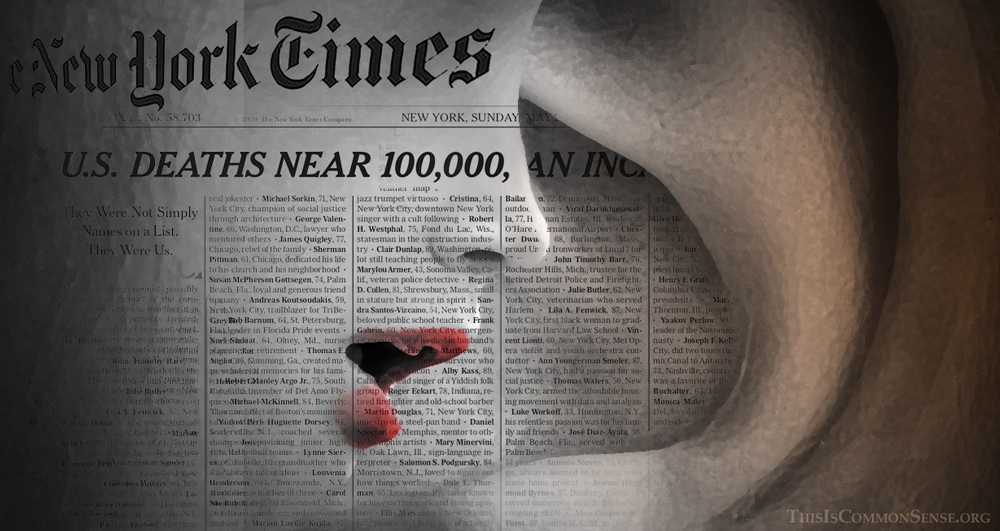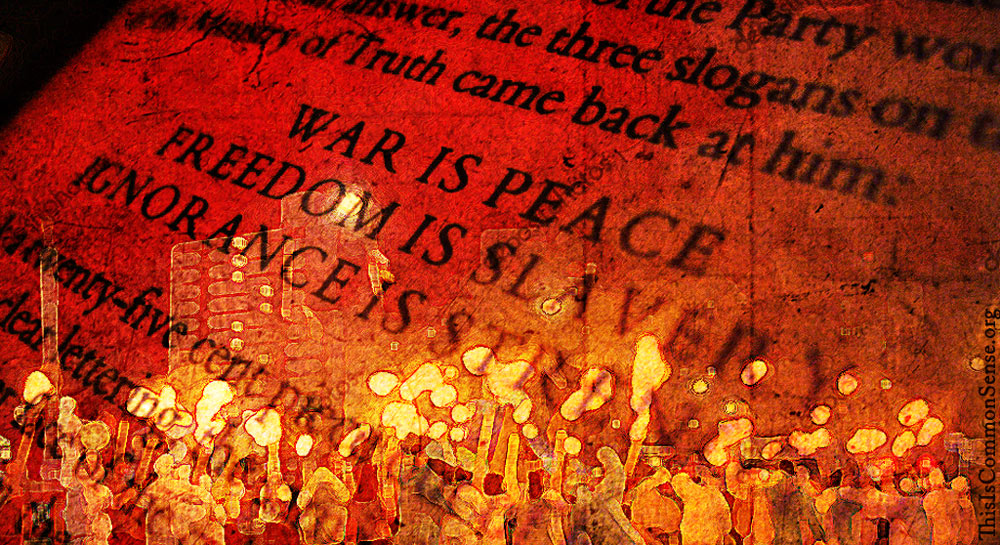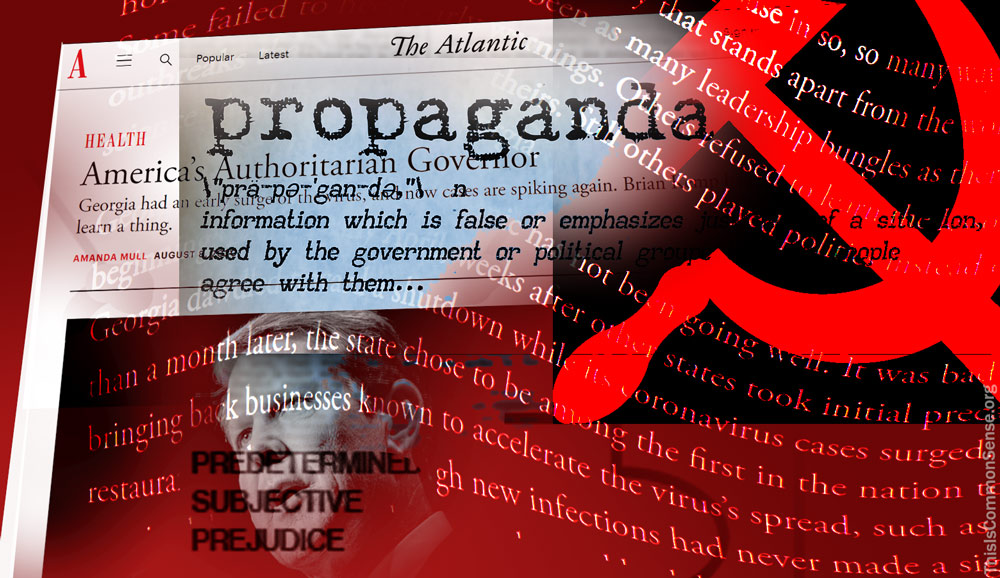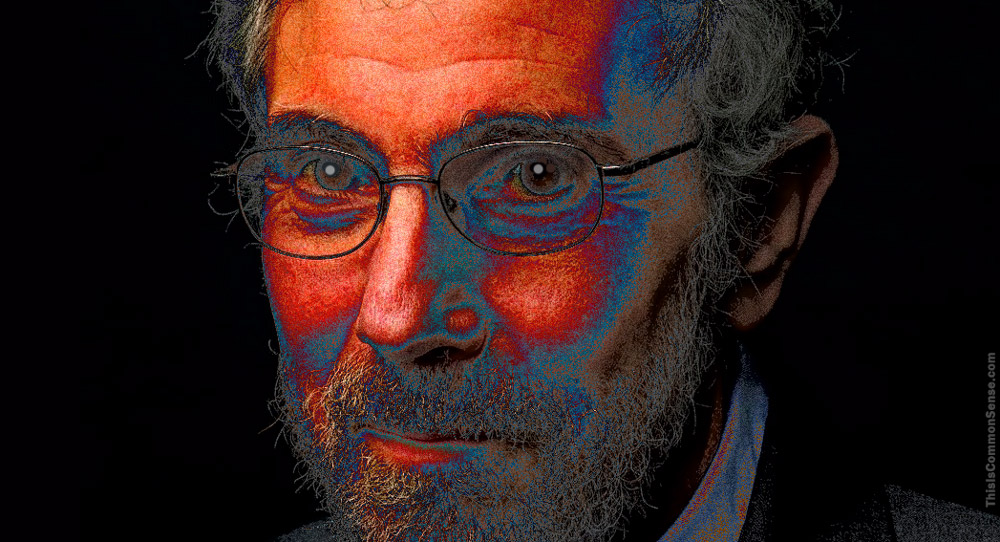Is it okay to stop people from talking to prevent them from saying things that are possibly incorrect?
A New York Times article about Chinese censorship of discussion of COVID-19 seems to imply that the Chinese government would have been justified in choking off discussion to “debunk damaging falsehoods.”
A mass of government documents recently obtained by hackers “indicate that Chinese officials tried to steer the narrative not only to prevent panic and debunk damaging falsehoods domestically. They also wanted to make the virus look less severe — and the authorities more capable. . . .”
The government’s efforts included hiring hundreds of thousands of people to publish party-line posts on social media as well as detaining people “who formed groups to archive deleted posts” about the death of Dr. Li Wenliang, who had warned about COVID-19.
The Chinese government has also issued endless instructions to providers of nominally private social-media platforms to control what people say about the pandemic.
Thank the Gray Lady for the report confirming the known details about Chinese censorship. But how do you draw a line between censorship “only” to “debunk falsehoods” and censorship to spread official lies and suppress the very appearance of truth? You can’t.
Discussion itself helps us determine what is true and what is false.
The notion that the government (or any society-wide institution obeying the government) can neatly and unilaterally shape discussion to prevent only “bad” discussion — without inflicting massive damage on “good” discussion — is itself false.
This is Common Sense. I’m Paul Jacob.
—
See all recent commentary
(simplified and organized)







